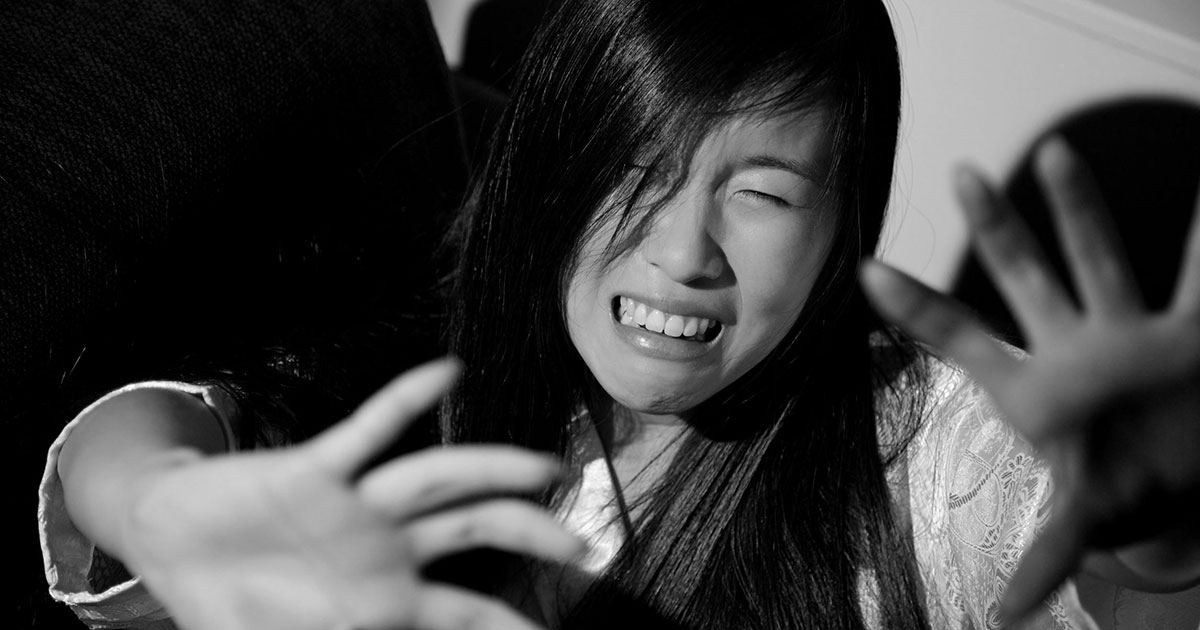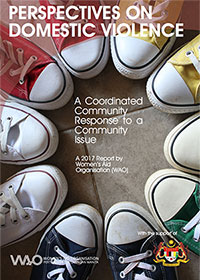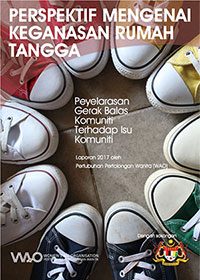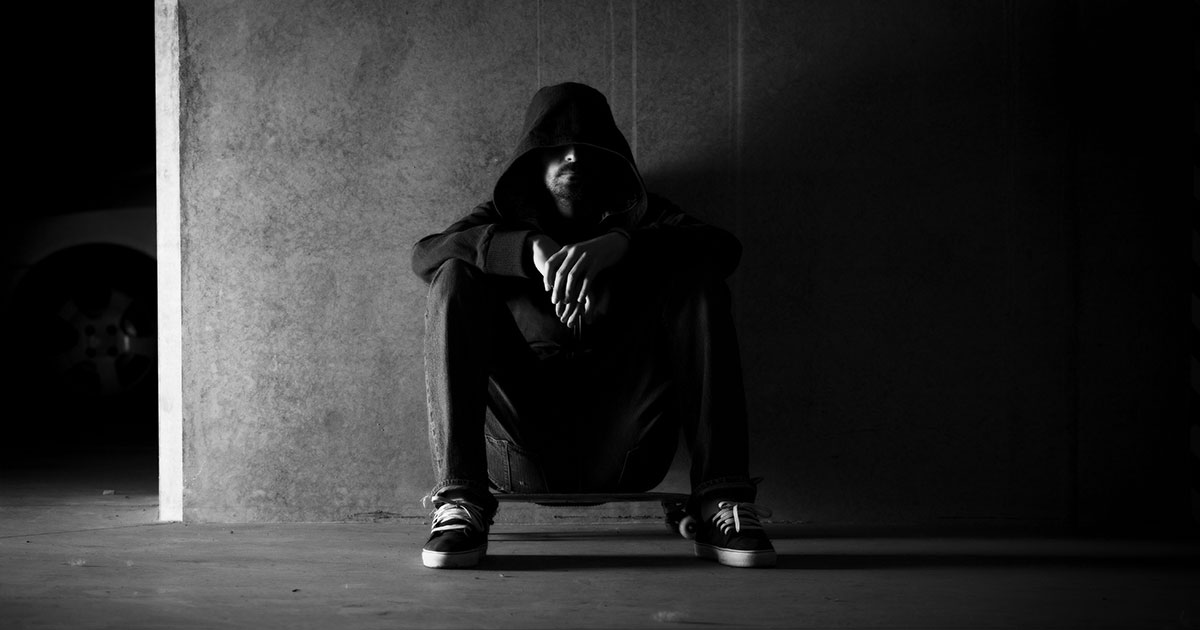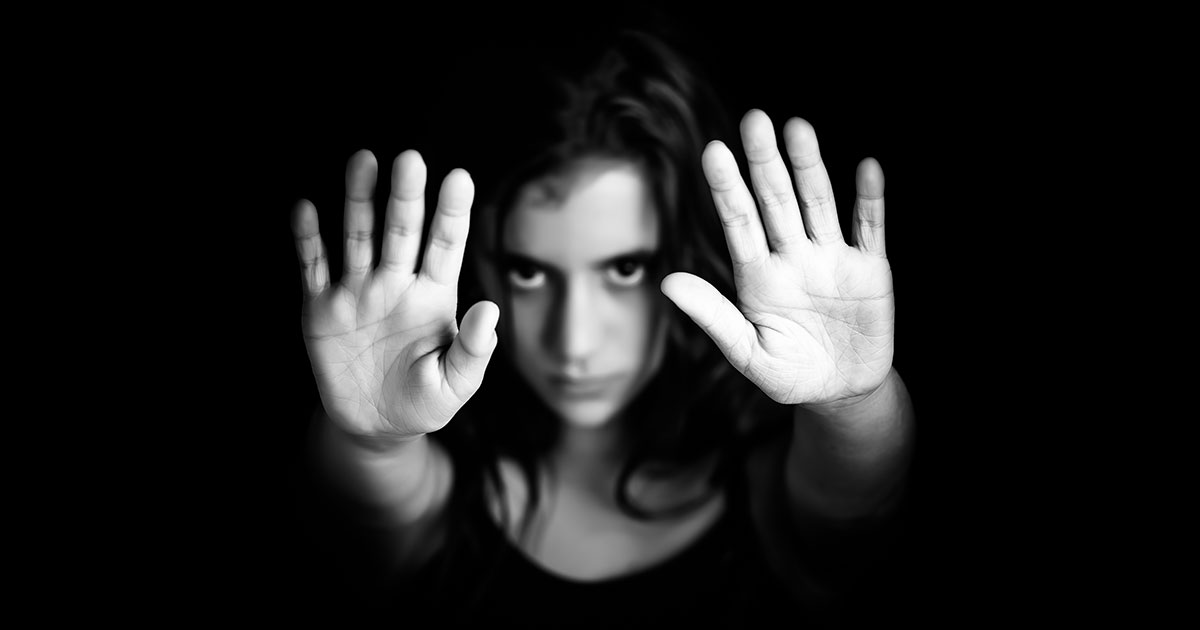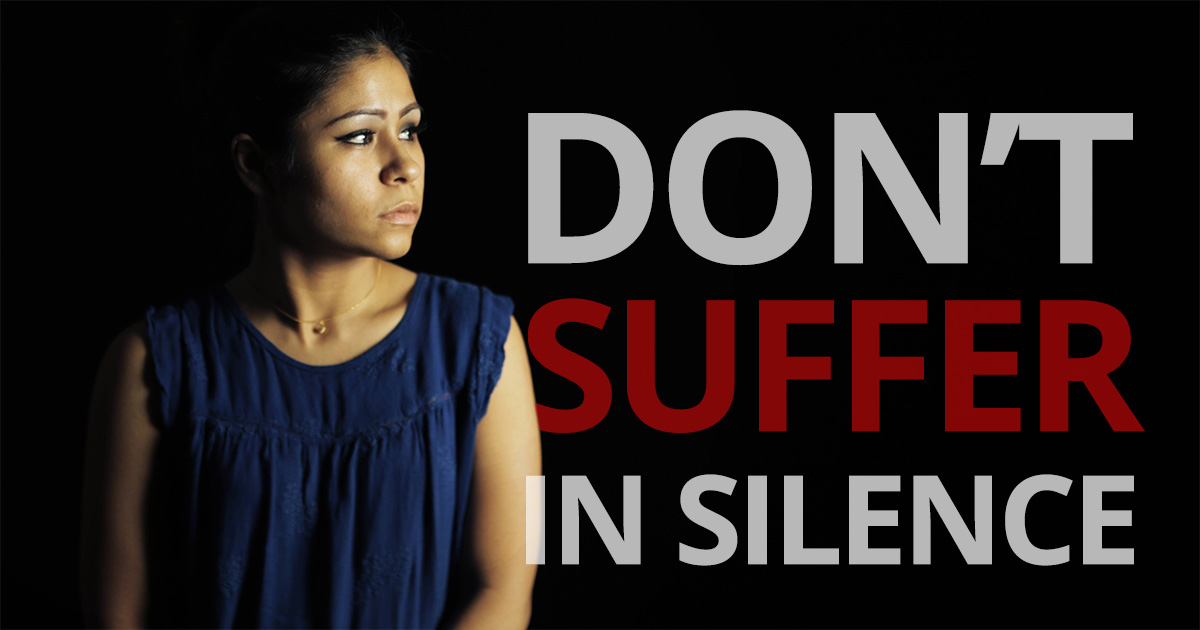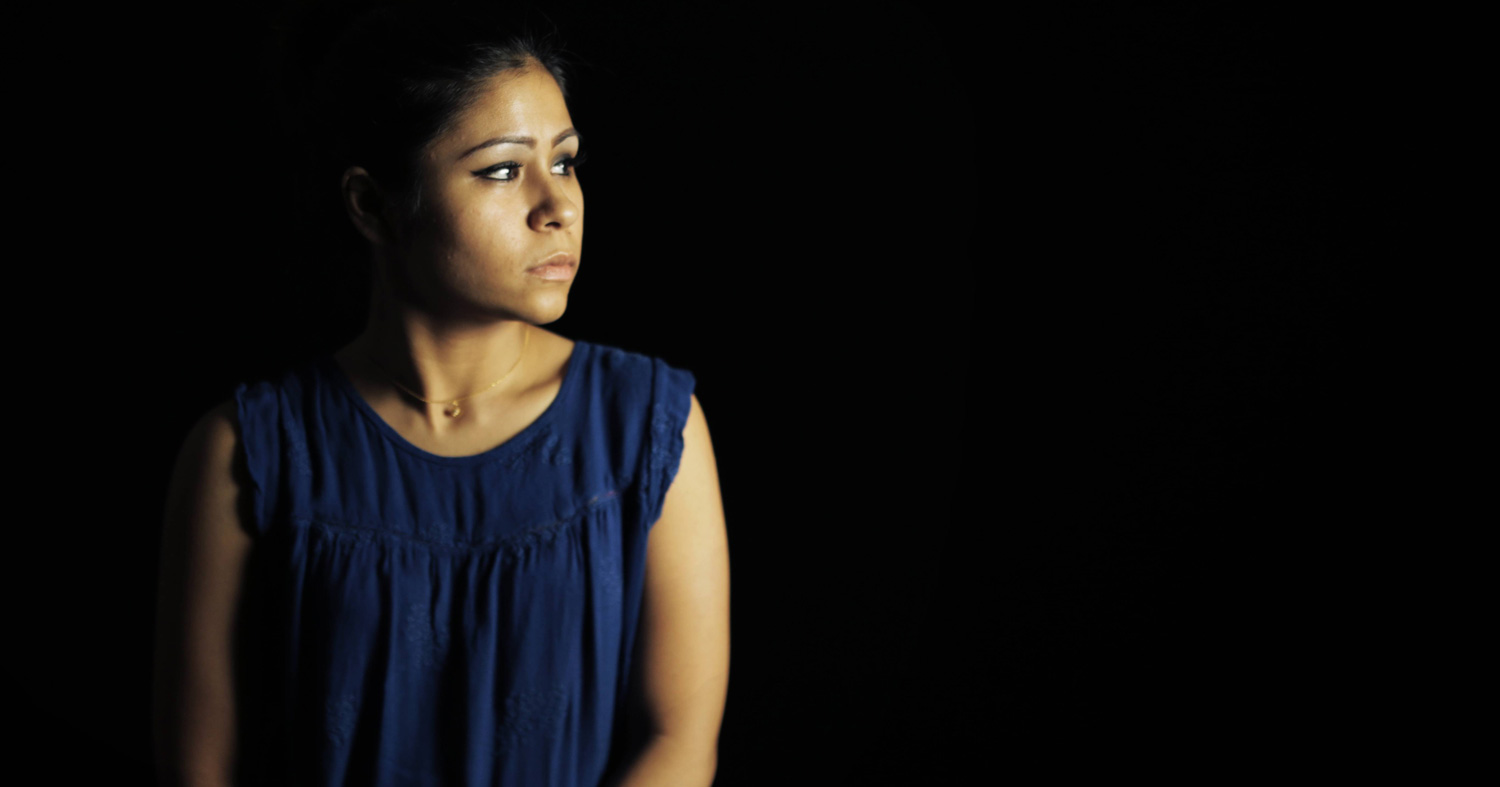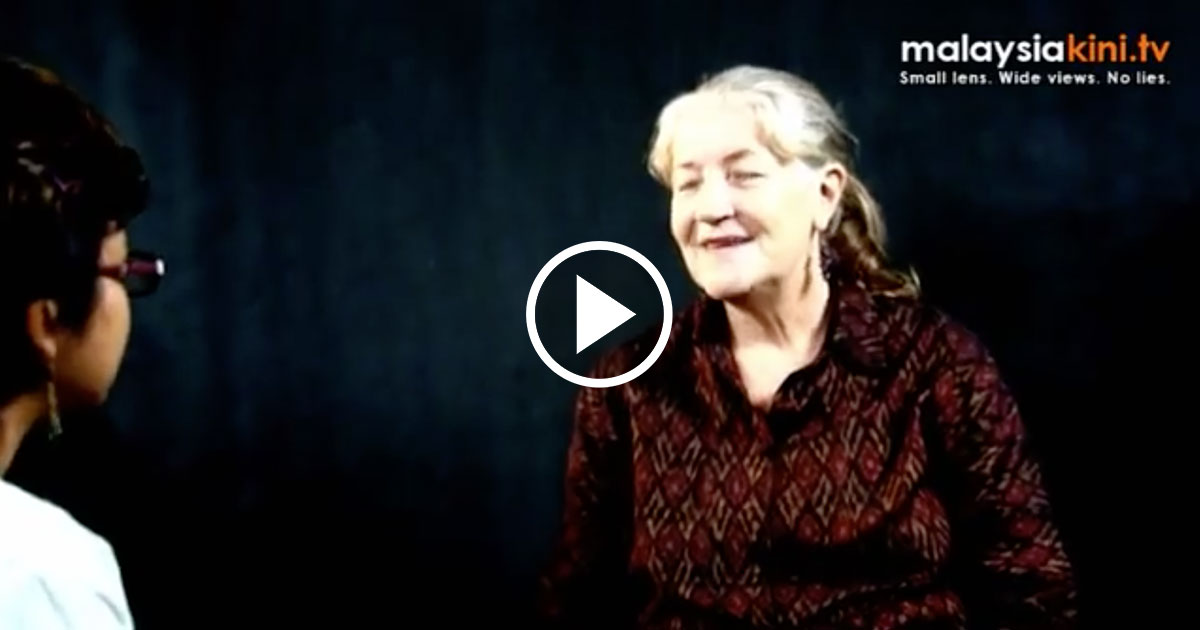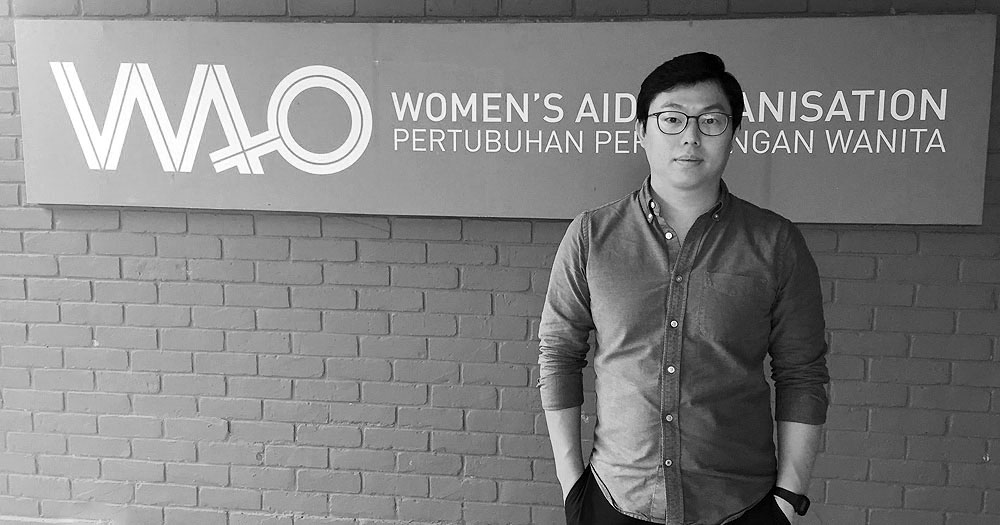
Man on mission to get more brethren into gender causes
Man on mission to get more brethren into gender causes
During his student days, Yu Ren Chung was interested in working on environmental issues and took up electrical engineering in university so he could focus on renewable energy and clean technology.
Yu has changed course since then and is now working for Women’s Aid Organisation (WAO), where he is the advocacy manager.
He credits prominent Malaysian women activists, especially Sisters In Islam (SIS) founder Zainah Anwar (below, right), for sparking his interest in gender equality.
As an undergraduate in Northwestern University, United States, Yu said he was first introduced to the world human rights activism when he attended a talk by Zainah in the US.
“By chance, she was travelling in the US when I was studying there and I attended an event organised by Malaysian students.
“She talked about her work in SIS and women’s rights in Malaysia, and I was really inspired by that, so I started researching a bit more and read about people like (Tenaganita co-founder) Irene Fernandez and the work she had been doing with migrant women,” he said in an interview with Malaysiakini at the WAO office in Petaling Jaya.
At around the same time, Yu was beginning to get disillusioned with approaching environmental issues through technology as he realised it was more of a political problem.
Instead of turning his back entirely, he delved into politics and public policies instead, taking up a minor in environmental policy and volunteering with political campaigns in the US as a student.
“I felt like the real challenge that needed to be solved was mainly political problems.
“Science and technology was way ahead and politics was way behind, so I focused my energy on (changing) that, so that exposed me to a number of issues like civil rights issues beyond environmental justice,” he said.
WAO a learning experience
When he returned to Malaysia, he was looking for a job in human rights advocacy and WAO seemed like the right fit for him, he said.
He has now worked for WAO for close to four years now, and it has been a “learning experience” for him.
While WAO provides services, crisis shelter, counselling and case management for domestic violence survivors, Yu focuses on advocacy work to change public policies and public attitudes.

“The policy division within the Women, Family and Community Development Ministry is very proactive and forward-looking and we have a very good collaborative relationship with them,” he said.
WAO also works to improve enforcement of public policies, he said, recalling an instance when a hospital improved their one-stop crisis centre services after intervention from the women’s rights group.
They also advocate to change public attitudes about women’s rights, especially domestic violence against women, he said.
“That’s less about what the government is doing and more about what are people doing by themselves.
“Is violence against women something that people tolerate, like if you suspect domestic violence is happening in your neighbour’s house, are you going to stand by or stand up?” he said, giving an example.
Men have role
Though he has seen a positive impact from their work, there is still “a lot of room that needs to be filled”, he said.

There are two impetuses for men to be more proactive in the movement, he said, with the first being the effectiveness impetus, where there are certain situations where a man can be more effective in advocating for women’s rights.
Research has shown that a lot of men are more receptive to listening to other men when it comes to matters of women’s rights, he said.
Spaces that need to change the most are also usually the very spaces where men are most dominant, he added.
“Imagine if you are in a boardroom or any sort of high-level leadership where men are more representative because of other gender inequalities… those are spaces that more men have access to so there is a need (for men) to speak up in those areas,” he explained.
Aside from that, men also have a moral impetus to get involved in advocating for gender equality as most often, men are perpetrators of gender-based violence, he said.
Men top of chain
Even for men who are not directly oppressing women, Yu said all men benefit from the patriarchal system and male privilege regardless.
“In terms of fairness, there is a moral responsibility on men to actually do something about (gender inequality),” he said.

There are several ways for men to be good allies in the fight for gender equality, he said, such as simply not perpetrating or perpetuating gender inequality and harassment.
More men should learn to question themselves on how they interact with their female colleagues, friends and family, he said.
They should also take it upon themselves to speak out when someone has said something that might be sexist, especially in a space with other men.
“Having more men that can be role models to champion this issue is something that can be important.
“It normalises the idea that men can take responsibility and be part of the solution,” he said.
WAO Hotline: 03 7956 3488
Or SMS/Whatsapp TINA at 018 988 8058 if you or someone you know is experiencing abuse.

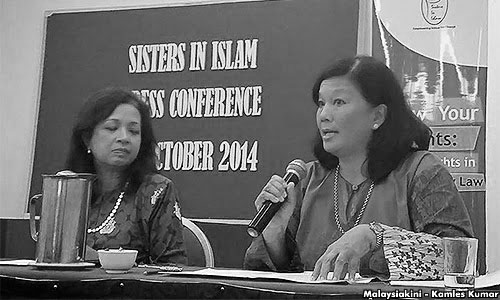 “By chance, she was travelling in the US when I was studying there and I attended an event organised by Malaysian students.
“By chance, she was travelling in the US when I was studying there and I attended an event organised by Malaysian students.